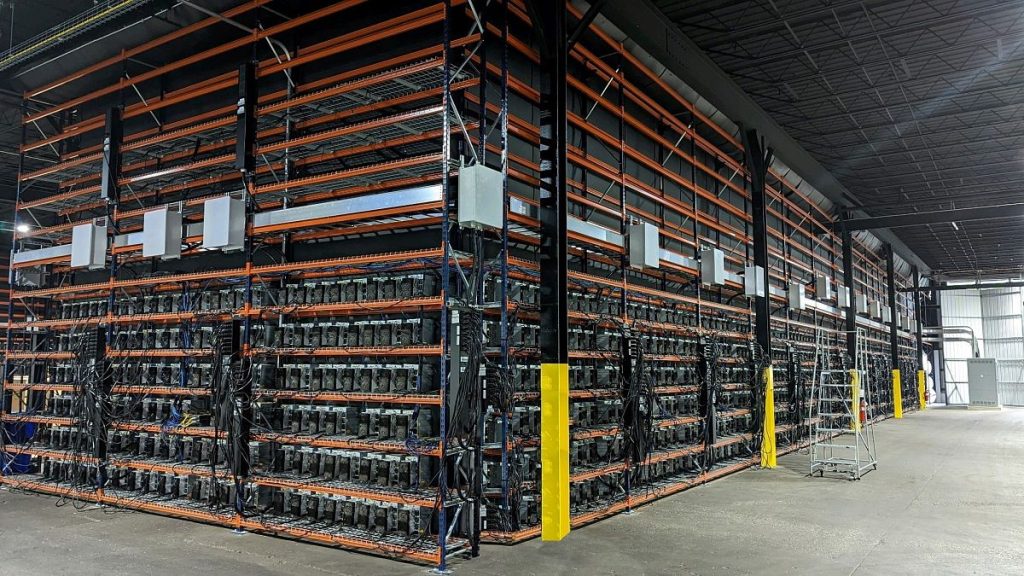The European Commission is initiating measures to gauge the energy consumption of large language models (LLMs) as part of its broader strategy under the AI Act, aimed at regulating the environmental effects of artificial intelligence systems. During a recent online event, officials highlighted the significant energy demands associated with general-purpose AI (GPAI) technologies, such as ChatGPT, Bard, and Gemini. Laura Jugel, a legal officer at the Commission’s AI Office, emphasized the need for these AI developers to monitor their energy use during the training of these models. To create a standardized approach for tracking and comparing energy utilization across different companies, the Commission plans to collaborate with standard-setting groups in developing a consistent method for documentation, acknowledging that energy expenses present a considerable financial burden for AI providers.
The AI Act, which became effective in August 2023, is designed to implement a risk-based and human-centric regulatory framework for AI systems. The rules specifically pertaining to the GPAI models are scheduled to come into effect in August 2025. Kilian Gross, head of the Office’s unit, indicated that a formal methodology to evaluate energy consumption would be incorporated into future regulation through a delegated act, ensuring that energy usage assessments become a key element of compliance. This regulatory move recognizes the increasing responsibility of AI providers to manage not only the technological risks but also the sustainability implications of their models’ energy footprint.
During the discussions of the AI Act with the European Parliament and national governments, the challenge of measuring AI’s energy impact was a prominent topic. Irina Orssich, the Commission’s sector head for AI policy, expressed that quantifying this impact in a legally enforceable manner proved difficult during negotiations. However, the Commission remains committed to establishing benchmarks to assess energy consumption effectively. Current provisions in the AI Act acknowledge the environmental impact of GPAI, even though specific obligations concerning energy use remain limited and largely rely on estimation rather than strict measurement mandates.
Under the current framework, the obligations for GPAI providers regarding energy consumption are minimal, consisting primarily of documentation requirements. While companies are tasked with tracking their energy usage, the expectations are not rigorous, and estimations are often deemed satisfactory for compliance purposes. The emphasis lies on recognizing and reporting both direct and indirect environmental harm, which includes potential adverse effects caused by the use or deployment of AI technologies. As such, companies must maintain transparency about their environmental impact, fulfilling their responsibility to the market authorities regarding sustainability.
The discussion about energy consumption and environmental laws surrounding AI technology aligns with broader global efforts to ensure that technological advancements do not come at the expense of environmental integrity. The focus on GPAI systems under the AI Act underscores a critical intersection where innovation meets responsibility. As LLMs and other AI systems become increasingly proficient and integrated into various industries, their energy demands will only grow, further necessitating established measurements and regulatory frameworks to promote sustainability in the tech sector.
In conclusion, the European Commission’s initiatives represent a proactive approach to addressing the environmental implications of AI, particularly in high-energy-consuming models such as LLMs. By laying the groundwork for comprehensive energy tracking and reporting, the Commission seeks to implement effective regulatory measures that not only foster technological advancement but also ensure that these technologies are developed and utilized in an environmentally responsible manner. As the policy landscape surrounding AI continues to evolve, the establishment of standardized benchmarks for measuring energy consumption will be crucial for accountability and transparency within the industry, helping to balance innovation with the imperative of sustainability.














